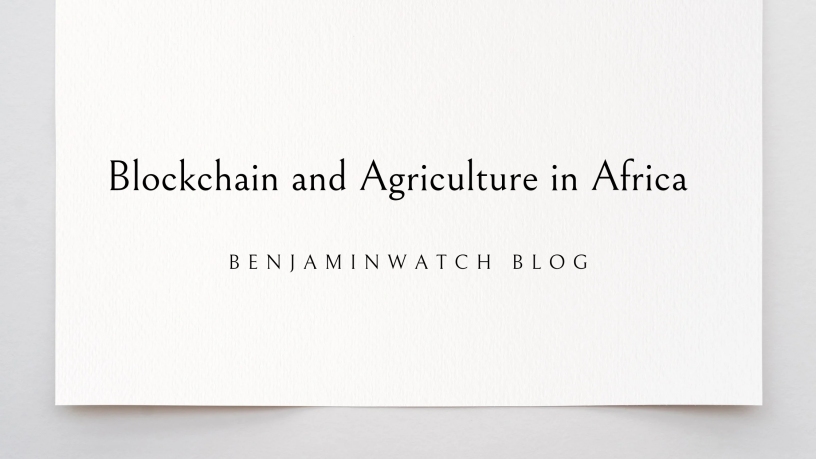Blockchain technology is a decentralized and distributed digital ledger system designed to record transactions across multiple computers. Transactions are grouped into “blocks,” which are then linked to previous blocks, forming a secure “chain.” This chain of blocks is protected through cryptography and consensus algorithms, ensuring transparency, tamper-resistance, and difficulty in alteration. While some view blockchain as a solution to future problems, its present impact is already substantial.
Consider the scenario of an African government employing a digital ledger to track medicine distribution across medical facilities. This approach could virtually eliminate drug shortages, as transparency would deter theft for personal gain. Each distribution point would have access to the blockchain’s shared records, and as new facilities emerge, the chain would expand accordingly.
In the realm of elections, blockchain has the potential to eradicate malpractice. Imagine political parties utilizing their dedicated blockchain blocks, while individual polling stations input real-time results that remain immutable due to blockchain’s tamper-resistant nature. Beyond its monetary focus, blockchain could even help address hunger-related issues.
However, it’s important to acknowledge that blockchain technology demands various resources for implementation. As Africans, we should be enthusiastic about its potential, but also recognize the need to overcome infrastructure limitations, improve education, and establish supportive regulatory frameworks.
Enhancing digital connectivity, particularly in rural areas, is essential for expanding internet access. Collaboration between governments, NGOs, and private sector entities can extend network coverage and affordability. To overcome infrastructure challenges, blockchain solutions requiring fewer resources can be explored.
Education and training programs are pivotal. These initiatives should encompass basic digital literacy and specialized blockchain knowledge, while also considering the diverse languages spoken across Africa.
To facilitate blockchain adoption, clear regulatory frameworks developed through collaboration between governments and industry stakeholders are essential. Pilot projects can demonstrate the technology’s benefits, influencing favorable regulatory changes.
Public-Private Partnerships (PPPs) can foster collaboration among governments, private sector, NGOs, and academia. This combined effort can address challenges more effectively, including digital infrastructure development.
Engaging local communities in blockchain solution design ensures solutions are tailored to their specific needs, respecting local practices and norms.
Achieving the potential of blockchain technology in agriculture requires empowering farmers with control over their data. Mechanisms ensuring consent for data usage should be implemented.
Raising awareness about blockchain benefits through campaigns and showcasing success stories can inspire adoption. Incentives like subsidies, grants, or market access can encourage early adopters.
Blockchain’s potential extends to addressing food shortages and improving agricultural practices through transparent supply chains, automated agreements, data-driven agriculture, provenance tracking, improved financing access, efficient storage and distribution, fair marketplace platforms, and verification of sustainable practices.
As a continent, Africa can harness blockchain’s potential in various sectors, from supply chain management and healthcare to finance, energy, and environmental conservation. The technology’s potential applications are expansive and ever-evolving.

I loved how you wrote this piece. It’s simple and straight to the point. You explained the benefits and ways to implement blockchain and Agriculture in Africa.
LikeLiked by 1 person
I think going forward we should talk blockchain in more simple and applicable ways
LikeLiked by 1 person
Seconded 👍
Blockchain in simple applicable terms!
LikeLiked by 1 person
Yes, the people of crcryptocurrencies make it complicated
LikeLike